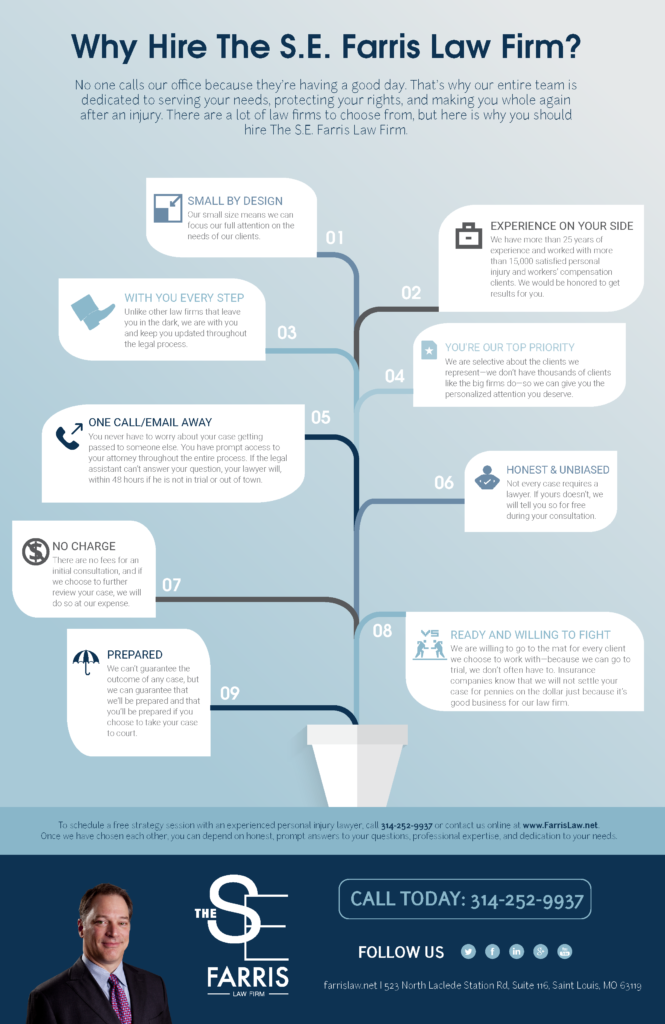Acknowledging The Substantial Duty That Proof Plays In Criminal Defense Can Make A Significant Distinction; Find Out About The Key Elements That Might Influence The Resolution Of Your Instance
Acknowledging The Substantial Duty That Proof Plays In Criminal Defense Can Make A Significant Distinction; Find Out About The Key Elements That Might Influence The Resolution Of Your Instance
Blog Article
Web Content Composed By-Silva McCormack
When you think about criminal protection, evidence is often the first thing that enters your mind, and for good reason. It's the foundation upon which your instance stands, shaping the story and affecting the jury's perception. Different types of proof, from physical to digital, each play a distinct duty in establishing a protection. Yet not all evidence is dealt with equally; admissibility criteria can make or break your defense method. Recognizing these subtleties is essential, specifically when thinking about just how they can influence the result of a test. So, what should you understand about these standards?
Kinds of Proof
When it comes to criminal defense, comprehending the kinds of proof can make all the difference in your instance. Proof falls under numerous groups, each playing a crucial function in establishing the truths of your scenario.
One usual type is testimonial proof, that includes statements made by witnesses. Their accounts can supply understanding into what happened and can either support or test the prosecution's cases.
Physical evidence is another critical type, including tangible items like weapons, garments, or fingerprints. This kind of proof can straight link you to a criminal activity or help negate claims against you.
Then there's docudrama proof, that includes records, pictures, or any written materials important to your situation. These records can supply a timeline or context that's necessary for your defense.
Last but not least, you can not neglect electronic proof, which includes information from smartphones, computers, or social media sites. Read Home of proof can disclose essential information about your tasks or interactions.
Admissibility Specifications
In criminal protection, the admissibility of proof is important to your instance's result. You'll require to understand the criteria that determine whether evidence can be made use of in court. Generally, evidence needs to matter, dependable, and acquired legally to be considered permissible.
Relevance means the evidence has to directly relate to the case and assistance confirm or refute a truth moot. If it does not link to your defense or the charges versus you, it might be left out.
Dependability ensures that the proof is reliable and trustworthy; for instance, eyewitness statement can be brought into question if the witness has a background of unstable accounts.
Additionally, evidence should be gathered based on lawful procedures. Any proof obtained with unlawful means, such as an unlawful search or seizure, may be regarded inadmissible under the exclusionary regulation.
Comprehending these requirements can equip you to work efficiently with your lawyer. They'll navigate the complexities of these policies to strengthen your defense, ensuring only the very best proof exists in your favor.
Constantly keep in mind, the admissibility of proof can significantly affect the court's understanding of your case.
Impact on Protection Approaches
The admissibility of evidence straight shapes your defense strategies. When evidence is regarded permissible, you can use it to build a strong instance. Conversely, if proof is ruled inadmissible, you need to pivot your technique. Comprehending what proof the prosecution can provide aids you anticipate their arguments and prepares you to counter them effectively.
You'll wish to focus on gathering evidence that supports your protection. This might consist of witness declarations, expert statement, or records that challenge the prosecution's claims. The objective is to develop practical doubt in the minds of the jurors. If specific pieces of proof are weak or controversial, you may take into consideration an approach that stresses various other strong aspects of your instance.
Additionally, the kind of proof-- whether it's forensic, testimonial, or electronic-- will certainly dictate how you communicate your defense. You'll need to craft compelling stories that reverberate with the jury while utilizing permissible evidence to support your claims.
Ultimately, your method has to be versatile, permitting you to adapt as brand-new evidence comes to light or as judgments are made. Each decision you make need to straighten with the objective of guaranteeing the best feasible end result for your situation.
Verdict
In criminal defense, proof plays a crucial duty in shaping your situation. By recognizing the different sorts of proof and their admissibility criteria, you can enhance your protection technique and develop practical question in the minds of jurors. Teaming up very closely with your legal guidance guarantees that your evidence exists efficiently and adapts to any type of brand-new growths during the trial. Eventually, the appropriate evidence can make all the distinction in accomplishing a positive outcome.
